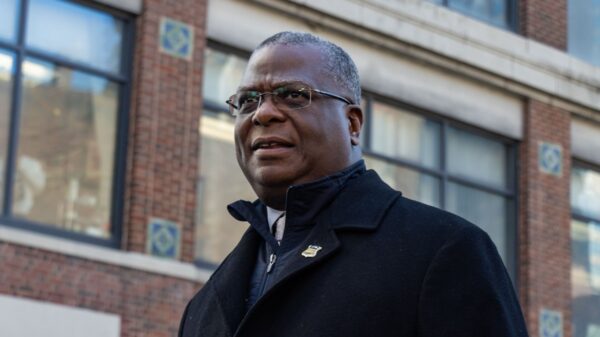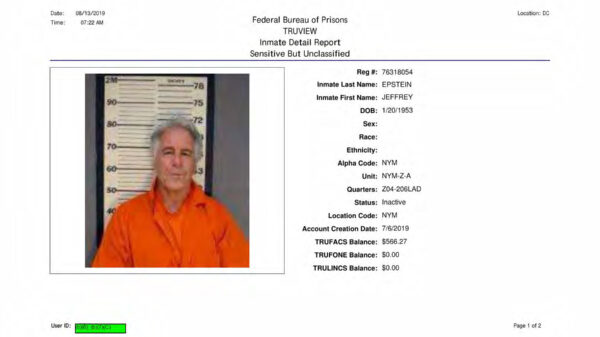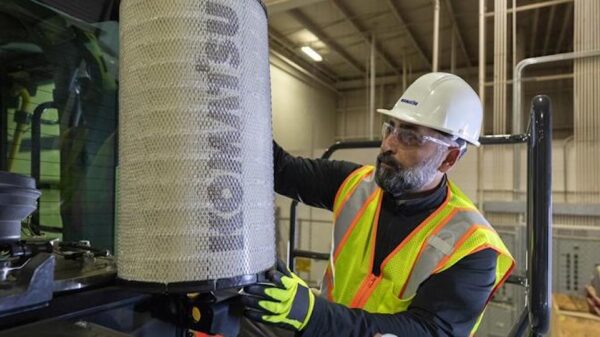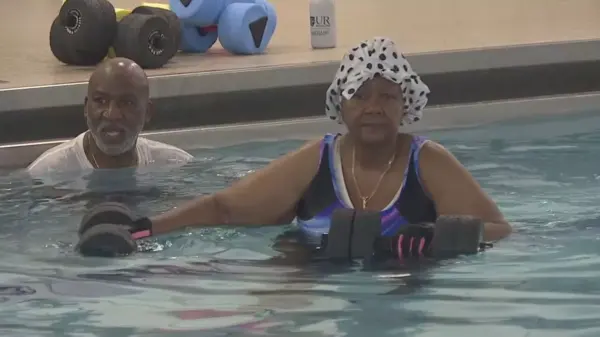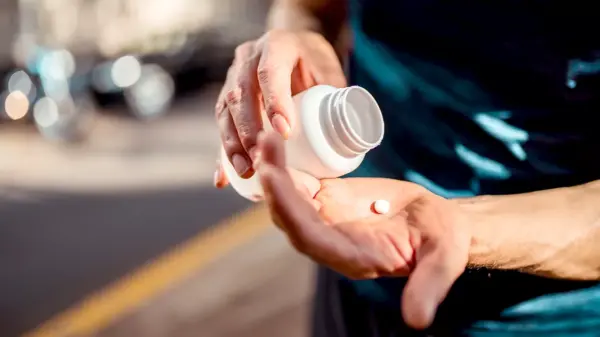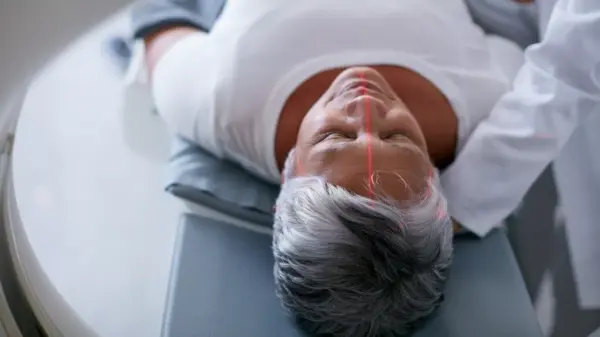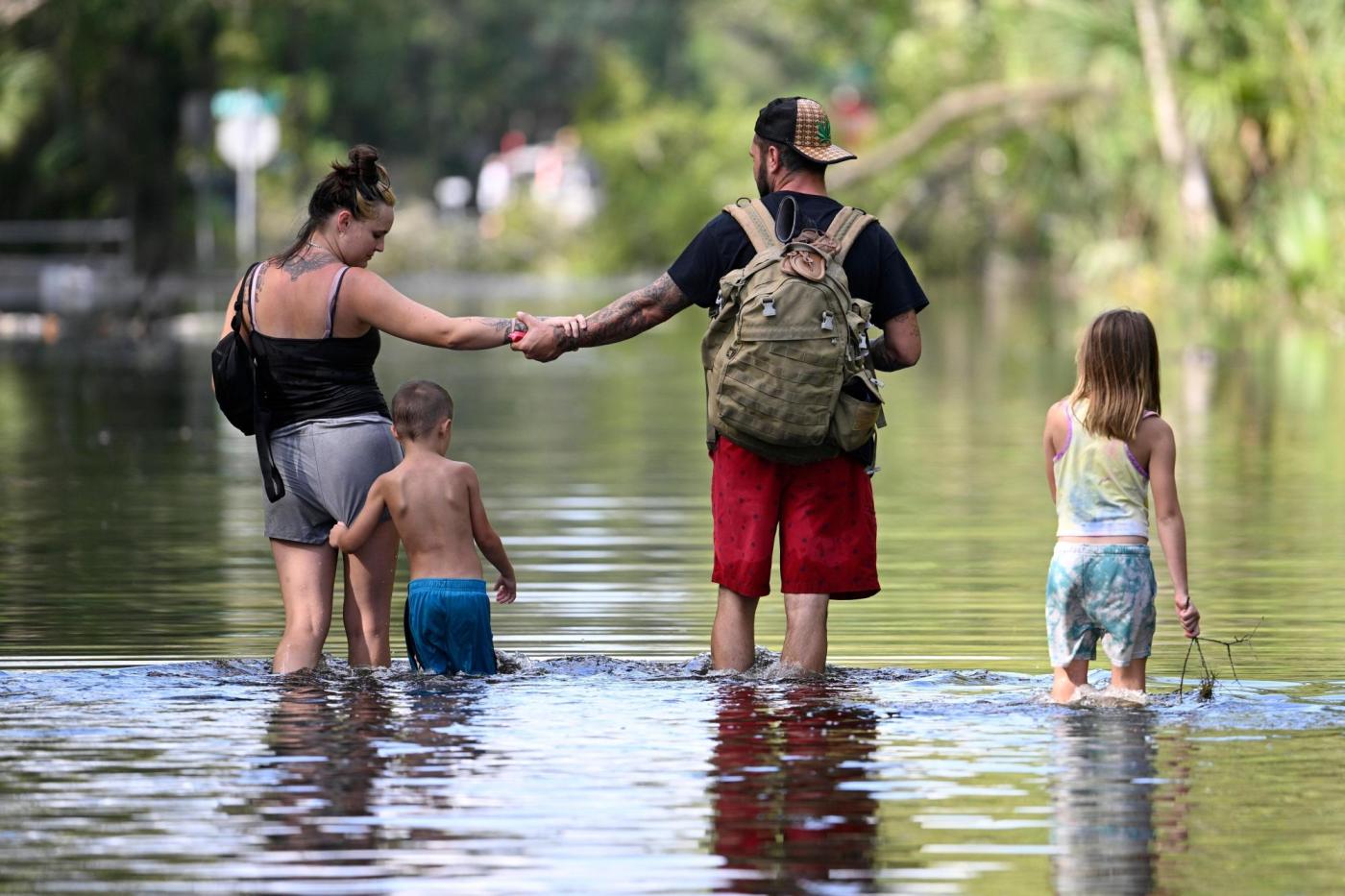The National Weather Service has projected an above-average hurricane season for 2025, forecasting between 13 to 19 named storms. As communities like Williamsburg brace for potential impacts, it is crucial to recognize that the most significant health challenges often arise after the storm has passed. While the skies may clear and winds may settle, numerous hidden dangers can threaten well-being in the aftermath of a disaster.
Understanding these risks is essential to ensuring health and safety during the recovery process. This guide outlines key strategies for navigating the challenges that often follow severe weather events.
Immediate Health Concerns After a Hurricane
Once a storm has subsided, the environment can become fraught with hazards that can pose serious health risks.
Treat all floodwater as toxic. This advice is critical. Floodwater can contain a lethal mix of sewage, industrial chemicals, and harmful bacteria such as E. coli. Sharp debris and downed power lines can also lurk beneath the surface. Even minor cuts or scrapes exposed to contaminated water can lead to severe infections. Avoid floodwaters completely, as the depth can be unpredictable, potentially leading to dangerous situations.
In the rush to restore normalcy, it is easy to overlook personal safety during cleanup efforts. Take care to prevent injuries by avoiding heavy lifting, which can lead to strains or even cardiac issues if you are not accustomed to strenuous activity. If you are involved in cleanup, wear durable closed-toe shoes and gloves to protect against cuts from sharp objects. If using power tools like chainsaws, ensure proper training and wear protective equipment. It is advisable to work with a partner to maintain safety.
Carbon monoxide (CO) poisoning is another serious risk following hurricanes. Extended power outages often lead to the use of generators, which can be fatal if operated improperly. Always use generators, charcoal grills, or camp stoves outdoors, positioning them at least 20 feet away from any doors, windows, or vents to prevent CO buildup.
Ensuring Safe Living Conditions
Health risks persist even within the home after a hurricane.
Food safety becomes a paramount concern during power outages. Refrigerators can become breeding grounds for bacteria after just four hours without power. A full freezer may keep food safe for up to 48 hours, but when in doubt, throw it out—tasting food to check for spoilage is not safe.
Water safety is equally critical. Municipal water supplies may be compromised post-storm. Until officials declare the water safe to drink, rely on bottled water or boil tap water for at least one minute before use. This purified water should be used for drinking, cooking, washing dishes, and brushing teeth.
Mold growth can occur within 24 to 48 hours after flooding. It thrives in damp conditions and can lead to respiratory issues, particularly for individuals with asthma or allergies. To mitigate this risk, dry out your home as quickly as possible using fans and dehumidifiers.
Mental health is another crucial aspect of recovery. The emotional toll of a disaster can be profound, leading to feelings of anxiety, sadness, or exhaustion.
Acknowledge your feelings and consider discussing your experiences with family, friends, or neighbors. For immediate support, reach out to the national hotline at 866-903-3787. Sharing your burdens can make the recovery process feel less isolating.
Set small, achievable goals to pace your recovery, as attempting to tackle everything at once can be overwhelming. Remember to take breaks for rest and nutrition.
Connecting with your community can also foster resilience. Checking on neighbors and participating in shared recovery efforts can provide both support and a sense of solidarity during challenging times.
Recovery is a gradual process. By remaining vigilant about both physical and emotional health risks, individuals can emerge from the aftermath of a storm in a stronger position. Prioritize safety and well-being, and do not hesitate to seek help when needed. For questions, feel free to reach out to Beth Tremblay, a practicing registered nurse and nurse educator in Hampton Roads, at [email protected].


